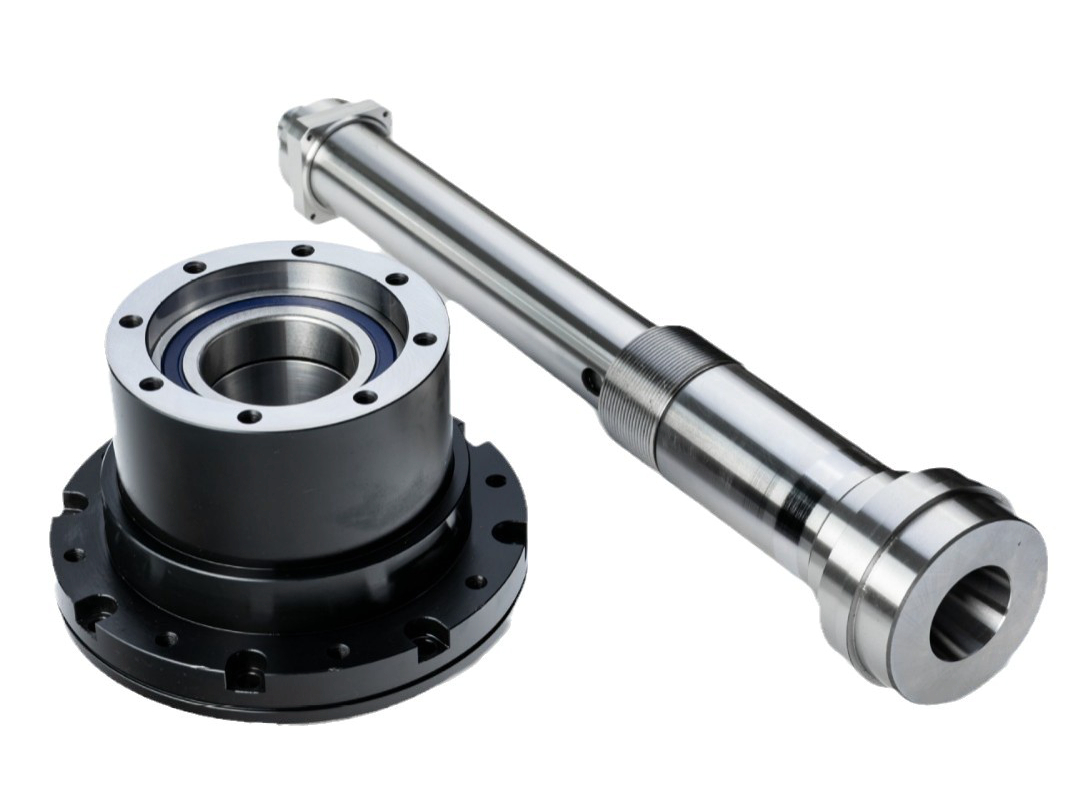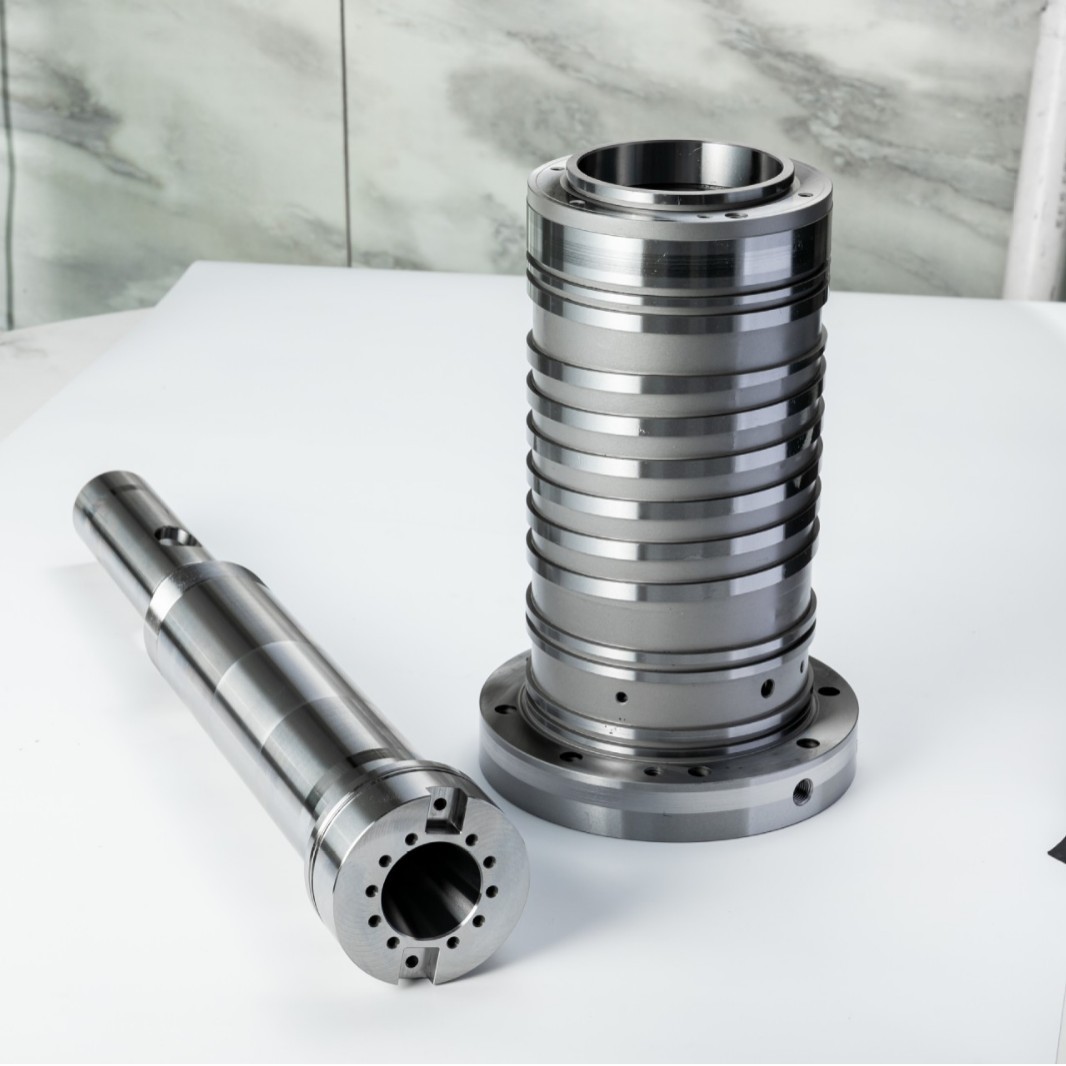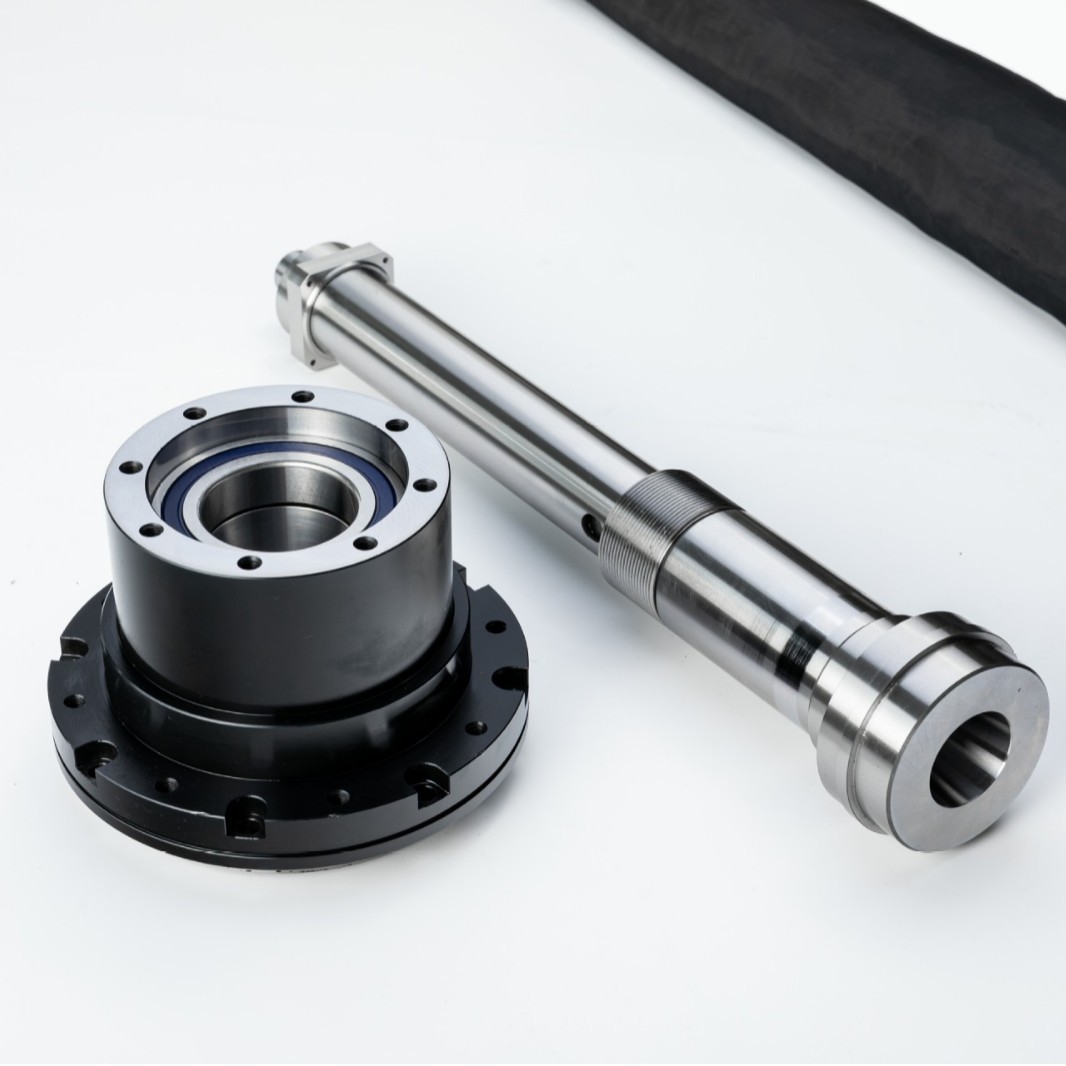CNC Turning and Grinding Solutions for 1018 Steel Industrial Shafts
CNC Machining of Industrial Shafts: Precision and Durability for Mechanical Systems
Industrial shafts are foundational elements in mechanical assemblies, transmitting torque, rotation, and alignment across equipment. For applications involving actuators, conveyors, and gearboxes, precision in diameter, straightness, and surface integrity is critical. At Neway, we manufacture custom industrial shafts using CNC turning and CNC grinding processes optimized for industrial equipment applications.
Machined from 1018 cold-rolled steel and finished with passivation treatment, our shafts meet tight tolerance requirements and are protected against industrial corrosion environments.

Why 1018 Steel Is Used for Industrial Shaft Components
Cost-Effective Performance and Machinability
1018 steel offers an ideal balance of strength (yield ≥ 370 MPa), toughness, and ease of machining. It is particularly suited for shaft-type components requiring moderate strength and precise machining without the cost of alloy steel.
Surface Uniformity and Dimensional Stability
Cold-rolled 1018 provides tighter dimensional tolerances and better surface finishes compared to hot-rolled alternatives. These properties make it well-suited for shafts with critical diameters, bearing interfaces, or dowel fits.


CNC Turning and Grinding Process for Shaft Manufacturing
CNC Turning for Shaft Pre-Forming and Feature Machining
Turning is used to rough and semi-finish the shaft geometry, including journal diameters, grooves, retaining shoulders, and chamfers. Using live tooling and bar-fed lathes, we maintain:
Outer diameter tolerance: ±0.01 mm
Concentricity: ≤ 0.02 mm across reference points
Surface finish: Ra 1.6–3.2 µm (pre-grind)
CNC Grinding for Finish Accuracy and Load-Bearing Surfaces
Post-turning, grinding is applied to achieve final tolerance and surface quality for load-critical regions. CNC grinding enables:
Ground diameter tolerance: ±0.005 mm
Surface roughness: Ra ≤ 0.4 µm
Roundness and straightness: ≤ 0.01 mm
This process is critical for interfaces with bearings, bushings, and high-speed rotation assemblies.
Passivation Surface Treatment for Corrosion Protection
Though 1018 steel is not inherently corrosion-resistant, passivation improves resistance by removing machining contaminants and minimizing rust initiation during storage or use. Our passivation process reduces surface iron exposure and supports longer shaft lifespan in lubricated or sealed environments.
Cleaning in an acid-based solution
Rust prevention for mild atmospheric conditions
Surface prep for optional protective coatings
Inspection and Quality Control
Full OD measurement across bearing journals
Runout and concentricity checked via V-block and indicator
Surface roughness verified with a profilometer
Material certification and dimensional reports provided upon request
Why Choose Neway for CNC Machined Shaft Production
Expertise in carbon steel CNC machining, including turning, grinding, and polishing
Integrated passivation treatment for corrosion resistance
Low-volume to mass production flexibility for industrial shaft components
One-stop CNC service including material sourcing, machining, finishing, and packaging
CNC Services for Industrial Shaft Manufacturing Projects
Neway provides fully integrated services for custom shaft production in industrial applications. Our key offerings include:
CNC Turning and Grinding: Achieving high dimensional accuracy, alignment, and surface integrity
1018 Steel CNC Machining: Ideal for moderate-strength, precision-machined shaft components
End-to-End Manufacturing: From prototyping to full-scale production with integrated quality control
Work with Neway to improve the reliability and performance of your mechanical systems through precision shaft components.
FAQs
What tolerance and surface finish can be achieved for ground 1018 steel shafts?
How does Neway control runout and concentricity in long shafts?
Is passivation necessary for carbon steel shaft components?
What is the lead time for low-volume custom shaft production?
Can Neway provide full inspection and certification reports for shaft deliveries?
